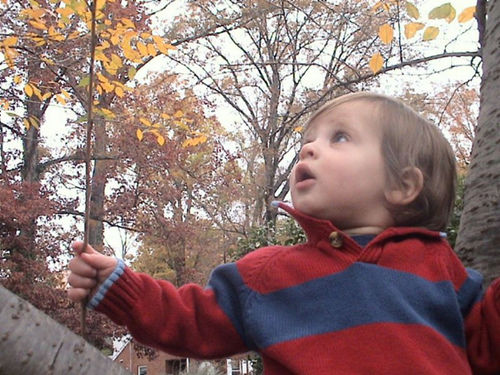This radio gig is not new to me. But there was a large gap between this show and my last efforts to do radio. Prior to Hearsay Culture, one needs to return to 1990, my senior year in high school when I was station manager of the very sadly defunct WOSS-FM. WOSS-FM, the “Voice of Ossining,” was the FCC-licensed radio station of my high school, Ossining High School in Ossining, New York. I hosted, among other programs, music shows when I lugged LPs in a plastic/pleather box to the high school and lugged them back home (uphill, but with shoes) when the show ended, and the bold and weekly “Inside the NHL,” where a buddy and I talked for one hour about the National Hockey League. I am sure that it was the only NHL-focused radio show on the dial in Westchester, and we were thrilled if one person called us (which happened rarely). Getting some really nice guys on the New York Rangers to record station identification spots at Rye Playland, where they practiced, was a real treat. Ossining is not a name that rolls off the tongue.
I also have fond memories of leafing through LPs and CDs that would come in from various artists. One such CD that came in during my senior year was Indio’s Big Harvest, including the single “Hard Sun.” If you’ve heard of Indio today, it may be because “Hard Sun” was redone by Eddie Vedder for the movie Into the Wild. Gordon Peterson, the man behind Indio, for reasons unclear and largely irrelevant to this post recorded this one album and has since apparently been out of the public spotlight. Big Harvest is a terrific album, full of excellent and insightful lyrics and tight musicianship. Reminiscent of Peter Gabriel and Sting, it remains one of my favorite albums of the 1980s. Indeed, “Hard Sun” actually turned me on to environmentalism, never a major focus of my attention but certainly on my radar screen afterwards.
Indio got little play on WOSS-FM (and not because I “borrowed” the copy for my “personal use,” thank you very much). So go out and buy it? Not easy. It’s out-of-print, although you can find copies for less than $100, usually, and sometimes much less if you find an auction at the right time.
My concern here is not for anyone with means to procure a second-hand copy by paying the premium due to its out-of-print status. And I’ll spare you a rant about labels, assuming that the label is even the reason for its unavailability (although presumably the lack of a perceived market for the CD has something to do with it). Rather, my concern is for the person without such means, who may wish to enjoy, grow from or be influenced by this album.
I am not going to recreate the various arguments made for and against piracy (that is, the illegal download) in such circumstances. But it is worth reminding ourselves that even in a day of rapid increases in the ability to share information, there remains information that is difficult to acquire. And if the larger public goal of information technology is to allow for greater and easier sharing of information, then even the comparatively trivial situation of the affordable availability of a valuable CD should be considered. This is not piracy on the scale necessary to allow for culture to spread into closed societies (as written about eloquently by former guest Balasz Bodo), but in order to address the question of the role of intellectual property law in preventing easy access to information (regardless of the information’s commercial value), one should consider the beleaguered music fan searching in vain for a clean and new copy of Big Harvest. Hmmm, a lot has been written in this area, but maybe that’s something to focus on more closely . . .










